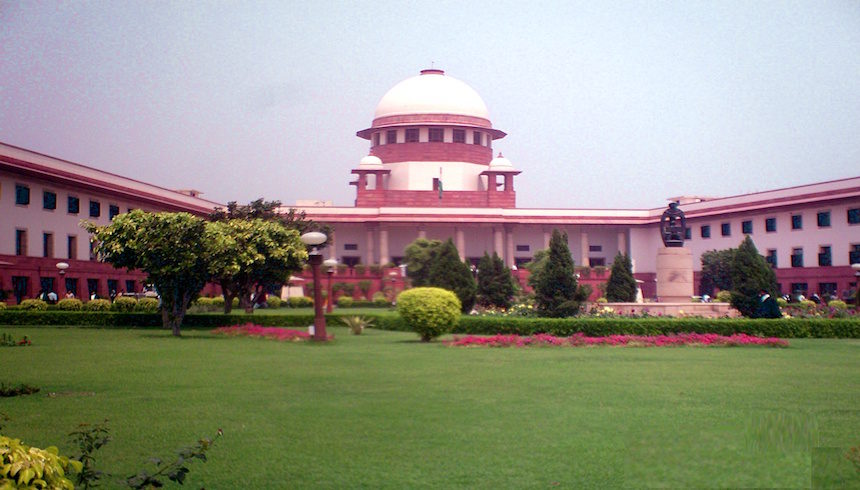Self Defence: ‘When a man is penalised for honesty, he learns to lie.’ – Criss Jami, Salome
Times of India report on expansion of scope of right to self defence:
On June 16, 2016, Times of India had a front page headline stating that Supreme Court has expanded the scope of right to self defence. According to the report, the division bench comprising of Justices Dipak Misra and Shiva Kirti held in Bhagwan Sahai v.State of Rajasthan that a person would not be guilty if he invoked self defence when there is a threat to the life of his family members or relatives.
The headline would spurt a doubt in any person who has knowledge of law, as in reality the law always provided that self defence can be invoked when there is a danger to ‘self, any other person or property.’
Section 97, Indian Penal Code, 1860:
The relevant provision is Section 97 of the Indian Penal Code, 1860. It states as follows:
Every person has a right, subject to the restrictions contained in section 99, to defend-
First.–His own body, and the body of any other person, against any offence affecting the human body;
Secondly.–The property, whether movable or immovable, of himself or of any other person, against any act which is an offence falling under the definition of theft, robbery, mischief or criminal trespass, or which is an attempt to commit theft, robbery, mischief or criminal trespass.
Bhagwan Sahai v. State of Rajasthan, Criminal Appeal No. 416 of 2016 :
In this case, the defendants/appellants formed an unlawful assembly and caused injury to members of the prosecution party.
However, the defence denied the occurrence of the event as submitted by the prosecution. It is the defence’s case that the appellants had beaten their father, Kanchan as a result of which he died subsequently. There were witnesses for the same and the injuries were proved by the Doctor. However, the Rajasthan High Court convicted the appellants as it was difficult to decide the aggressor.
The Supreme Court was not in favour of the High Court’s view as the benefit of doubt should have been granted to the appellants once it was established that the prosecution had suppressed the origin of the occurrence.
The Supreme Court held that the appellants could legitimately use force once they saw that their parents were being assaulted especially one that lead to their father’s death.
What is to be noted is that this is not the first time that right to private defence has been granted.
Other cases where right to self defence has been granted when there was danger to another person’s life:
Madhya Pradesh v. Ramesh, (2005) 9 SCC 705:
The Hon’ble Supreme Court observed “every person has a right to defend his own body and the body of another person against any offence, affecting the human body.”
Vishwanath v. State of Uttar Pradesh, 1960 AIR 67:
Husband was trying to take his wife away forcibly from her father’s house, her brother stabbed the husband once, that resulted in the husband’s death. The question was whether this was a valid exercise of self defence.
The court held that since the brother had only stabbed the husband once in defence of his sister, which unfortunately landed on his heart resulting in his death, this is a valid act of self defence and the accused cannot be held guilty. The court made reference to Amjad Khan v.State.
Amjad Khan v.State, 1952 AIR 165:
A communal riot broke out between Sindhis and Muslims wherein Sindhis were looting Muslim shops and a few Muslims had lost their lives. The Sindhis were beating the doors of the appellant’s shop with lathis, which had him and his family hiding. Hence, the appellant fired two shots which caused the death of one Sindhi and injury to three others.
The court held that the appellant had ample reasons to exercise private defence to protect himself and his family as there was no time to avail recourse of authorities. The court held that, “these things could not be weighed in too fine a set of scales or “in golden scales.”
Conclusion:
Therefore, the right to private defence when there is danger to life of self or another person was available ever since Indian Penal Code was passed in 1860. The Supreme Court has only passed its judgement in Bhagwan Sahai v.State of Rajasthan by applying the existing law. It has not expanded the scope of right to self defence.
Picture Courtesy: Wikimedia







